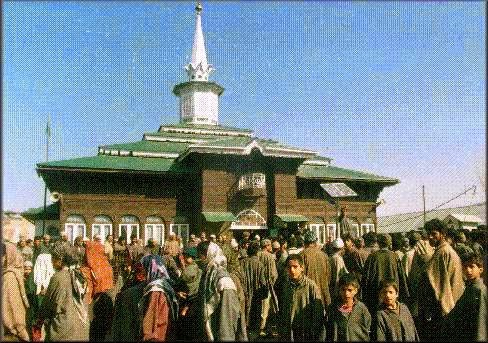Retrieving Iqbal for the New Generation

“Why keep on harking back to Iqbal?” This is an increasingly common lament we find in certain sections today. One answer is suggested by as important a personality as Ali Shariati who has shown why Iqbal qualifies as Ali Guna (Ali-like) and thus deserves consideration. He has paid Iqbal one of the greatest tributes ever by an intellectual of his stature, showing him to be an unfragmented and model Muslim intellectual. Iqbal’s indeed is a mission akin to prophethood, and we need to read him to appreciate how this is the case. But it is sad to note that new generations are mostly unable to fully appreciate his Urdu verse, not to speak of his Persian works or his philosophical prose. Iqbal is to be read as a thinker, as a poet and as a reformer. He is to be read and appreciated not as an individual but as link in the great chain of Islamic theosophy. He embodies in himself the best in the Islamic intellectual tradition and is inarguably one of the most sophisticated responses to t


